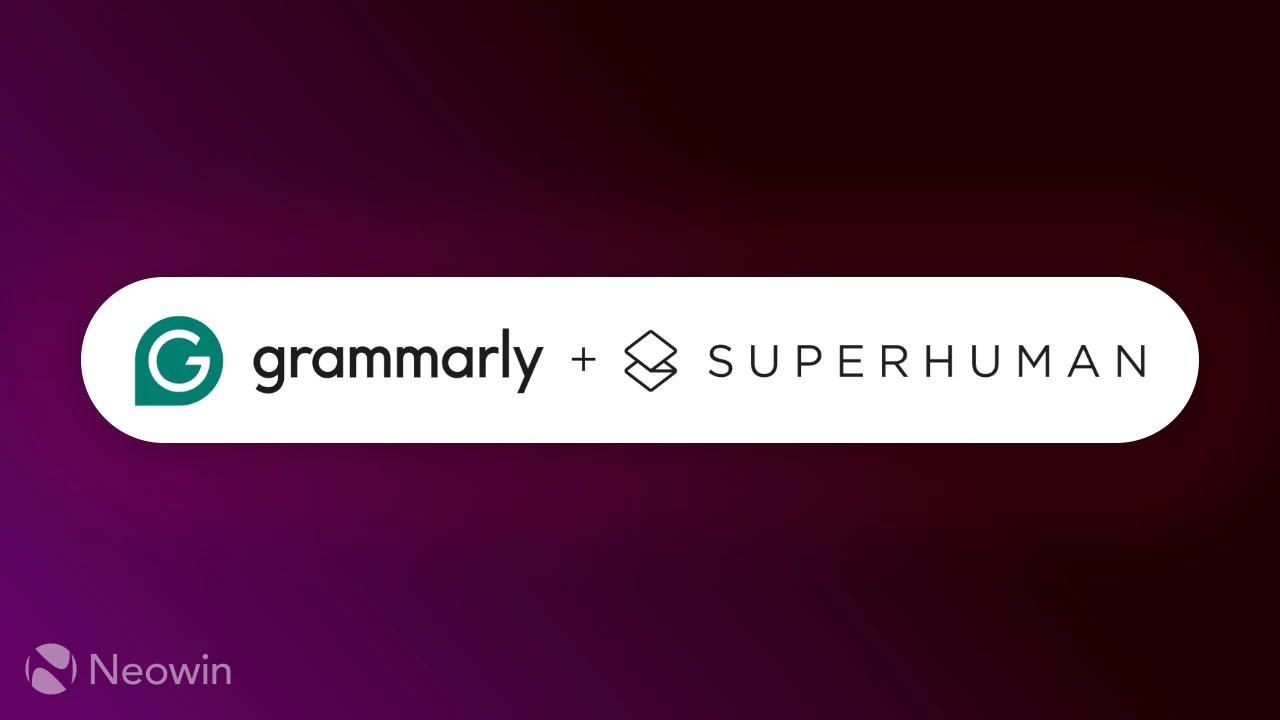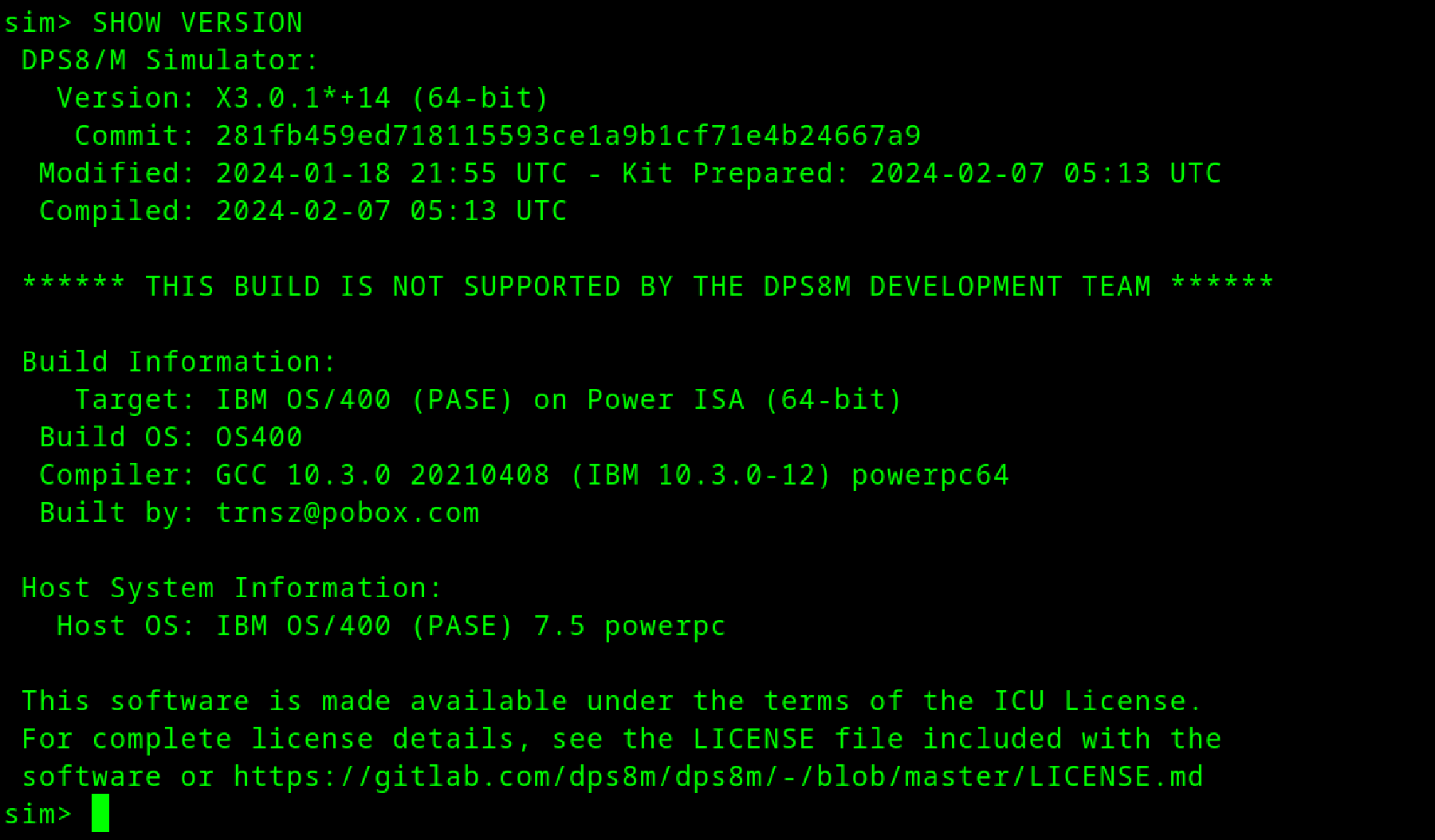
Grammarly has announced it is acquiring Superhuman, the AI email client, for an undisclosed amount. The popular AI writing assistance company wants to build a platform where specialized AI agents collaborate, and it has chosen email as the first major staging ground for this ambition.
Grammarly is betting that the current state of AI in the workplace is a letdown. According to the company, instead of simplifying work, AI features have often been tacked onto existing software, creating more confusion and failing to deliver on the huge productivity promises we have all been hearing about. Its plan involves creating what it calls an "AI superhighway" to deliver assistance across the half a million apps and sites it already supports.
In one scenario the company described, imagine drafting a memo to a customer: as you type, one AI agent handles the grammar, another agent pulls up accurate sales figures, a third one provides context about recent support tickets from that customer, and a fourth agent suggests the best way to introduce a new feature.
Superhuman, if you haven't heard of it, is an email client targeting heavy email users. The app is known for its minimalist design and heavy reliance on keyboard shortcuts to navigate the inbox and perform actions. It is also quite pricey, starting at around $30 per user per month, which is one of the main reasons why it's mostly popular among power users.
According to Shishir Mehrotra, Grammarly's CEO, the company has been "building toward" a future where "AI that works where people work, not where companies want them to work."
He believes that by bringing Superhuman into the fold, Grammarly can give its users a new place for this AI collaboration to happen. The CEO also notes that email is where professionals spend hours every day, making it the perfect environment to test and deploy multiple AI agents working together at the same time.
.png)



